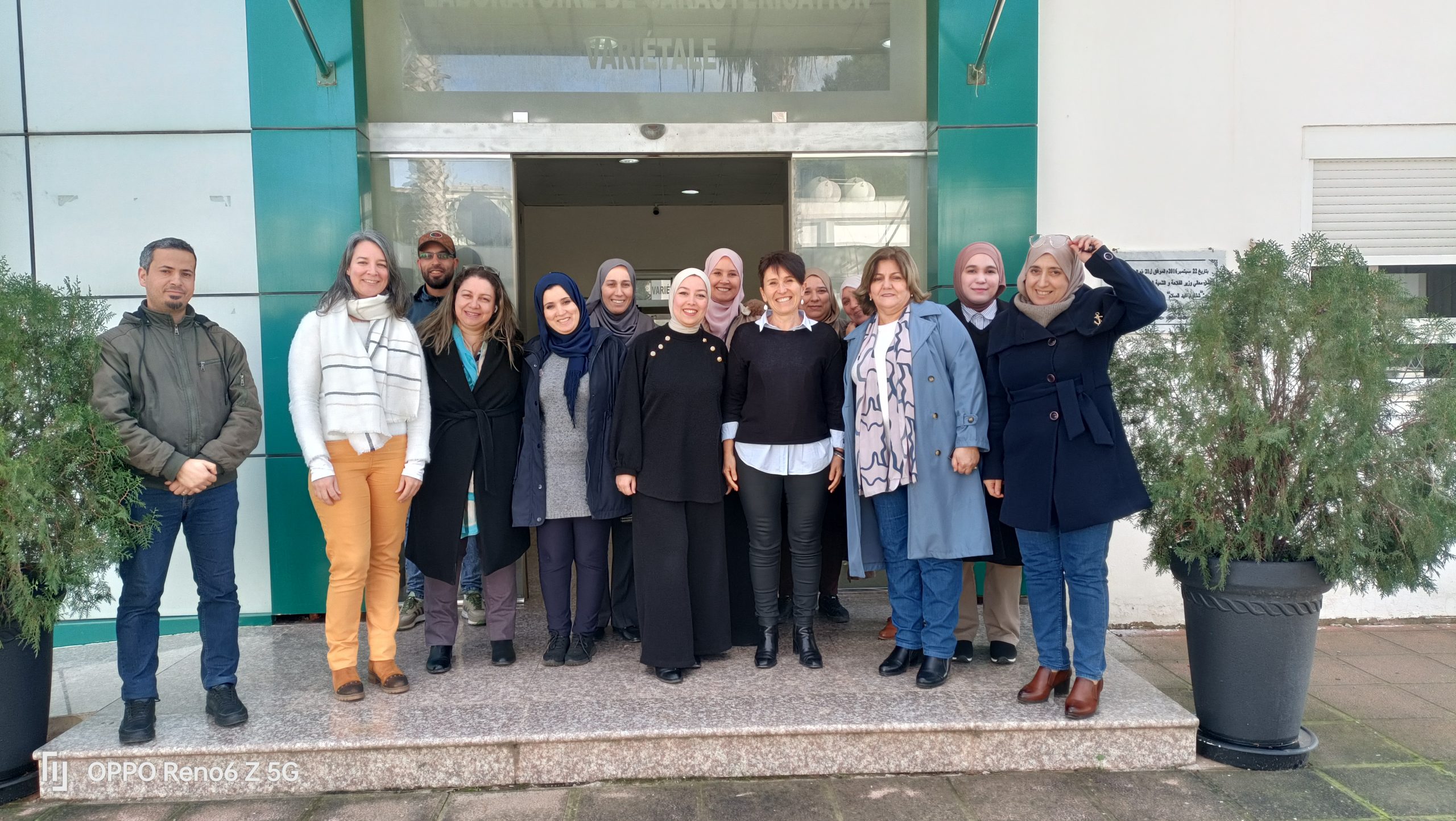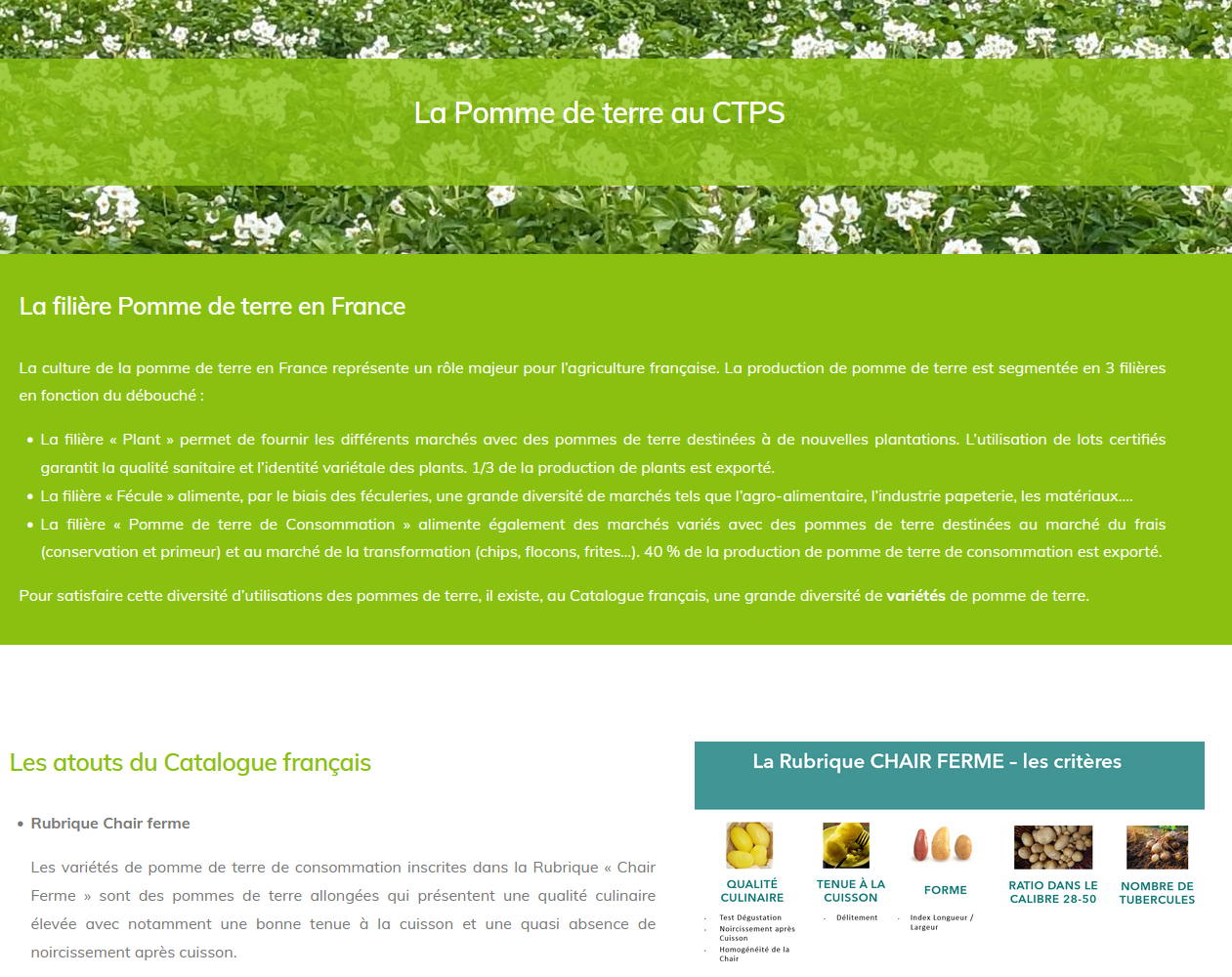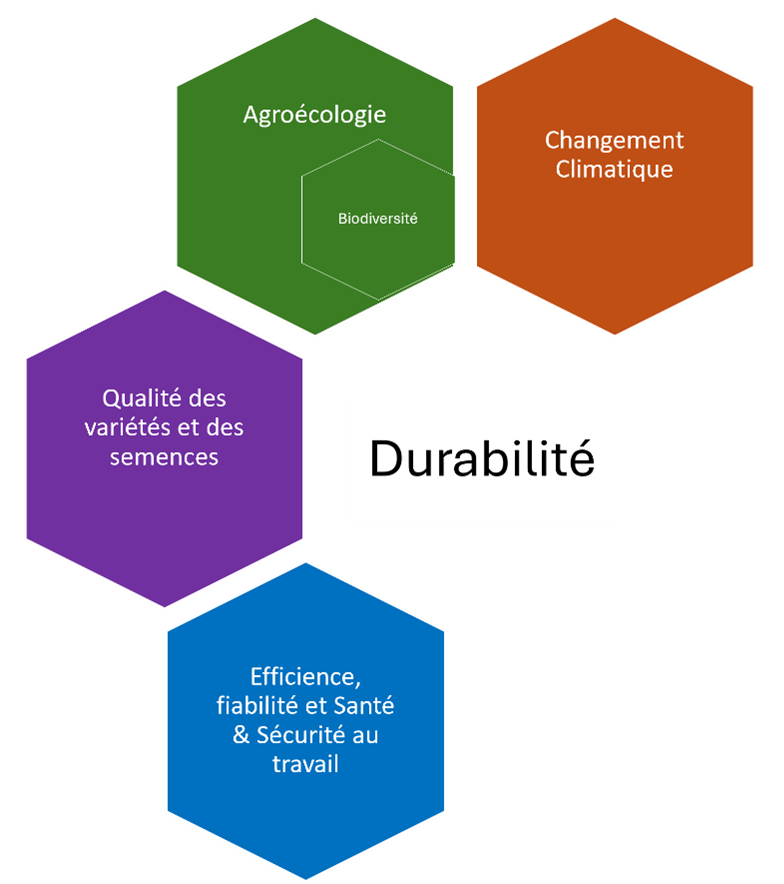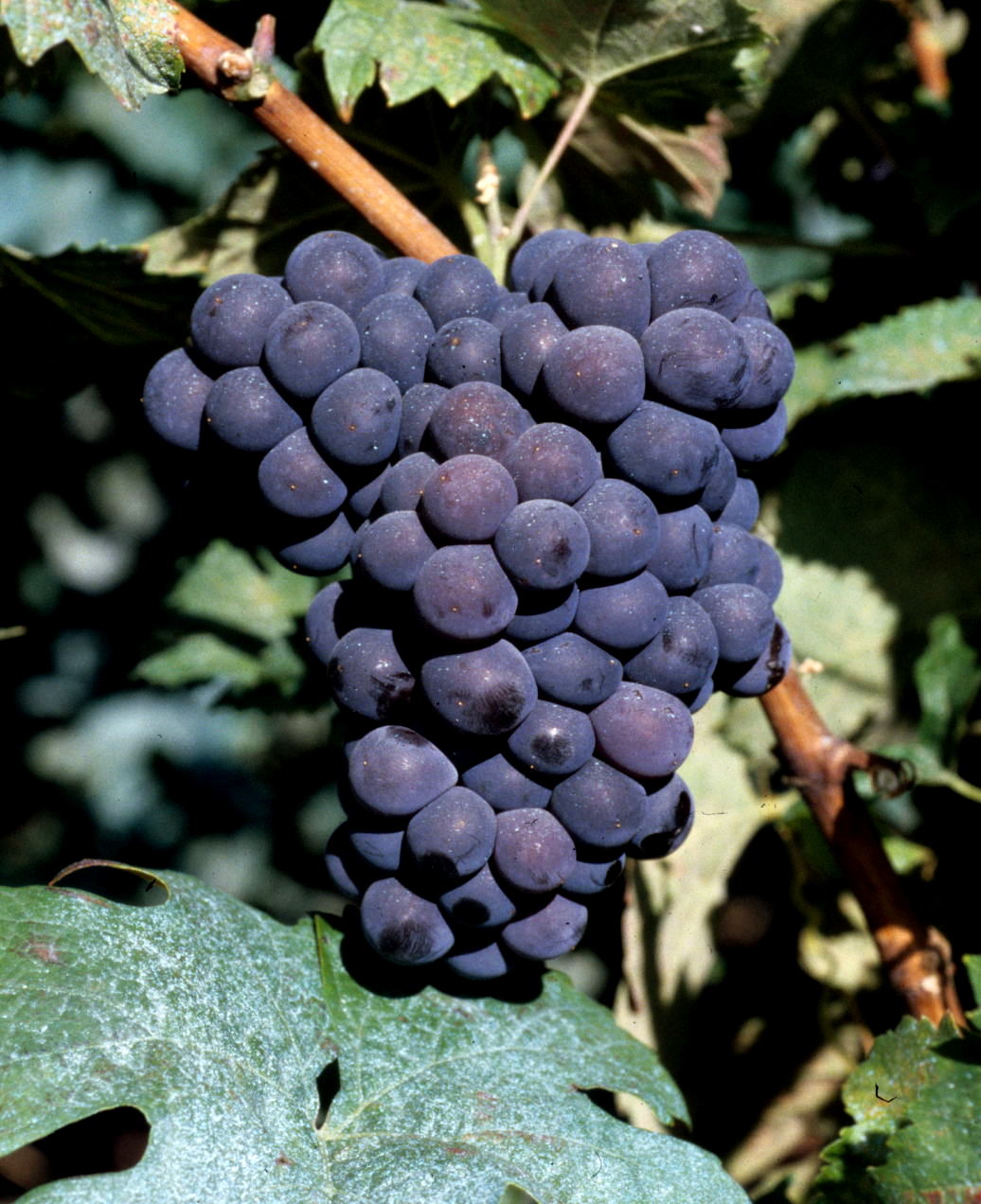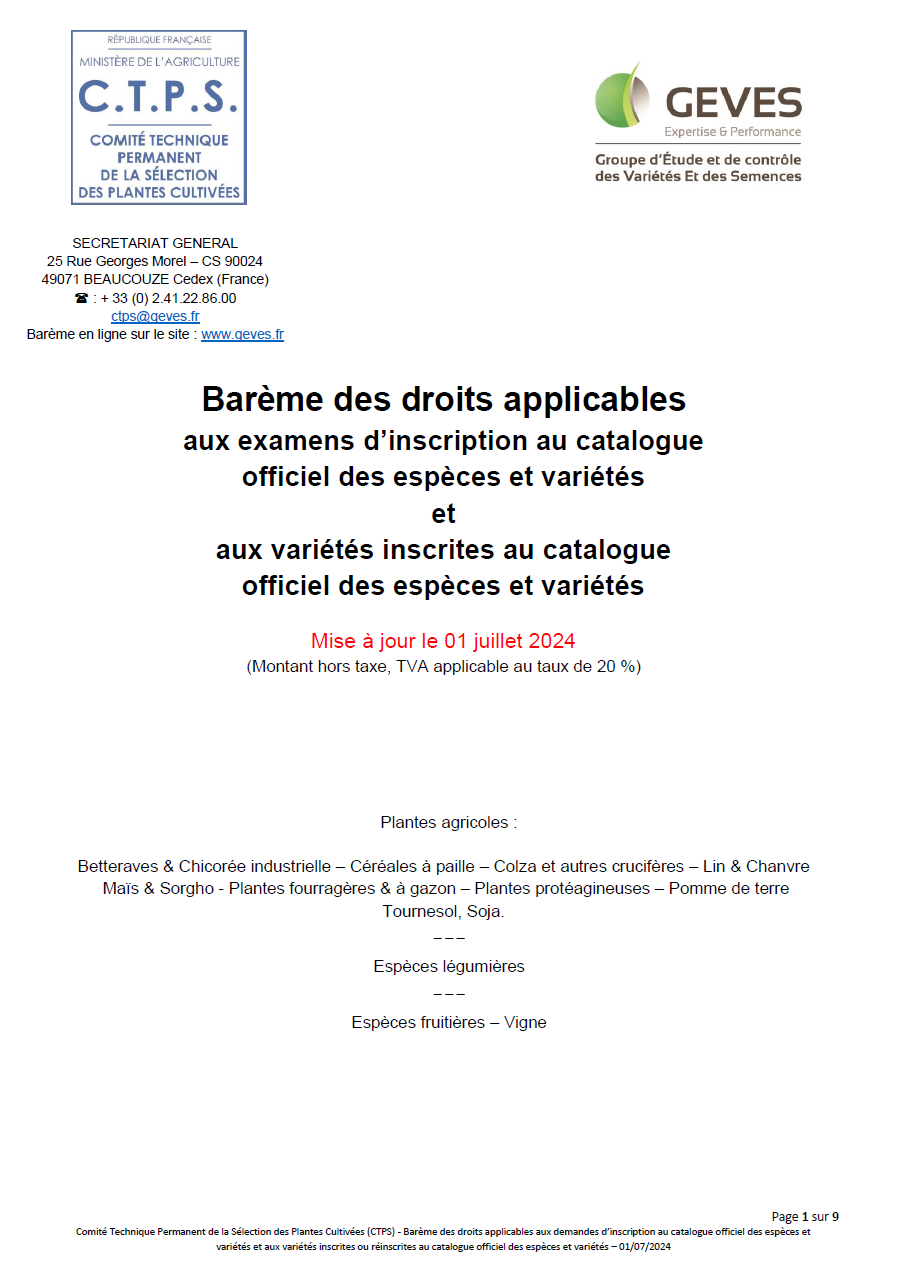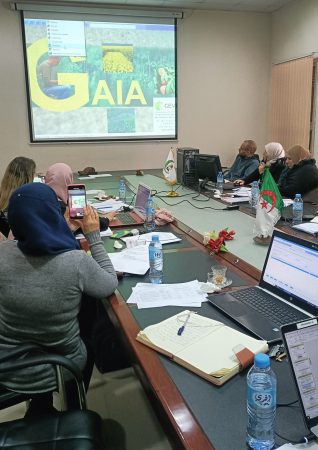
GEVES-CNCC cooperation in Algeria: mid-term review
The PROFAS C+ project steering committee, co-financed by the French Embassy in Algeria and the Algerian government, met in February 2024, halfway through the project. The aim of the project is to support the upgrading of Algerian varietal identification and agronomic and technological value assessment systems for the National Seed and Plant Control and Certification Centre (CNCC) in Algeria.
During the first part of this project, our Algerian colleagues were able to benefit from the expertise of GEVES agents during videoconference exchanges on the DUS for apricots, lentils, dry peas and straw cereals, as well as the VCUS for dry peas and potatoes.
Now it’s time to get down to work in the field! A team from GEVES Data Services has already travelled to Algiers to train CNCC staff in the use of GAIA software, which is used to optimise the lists of varieties to be planted in the field for DUS trials. The welcome they received was more than warm!
This training was quickly followed by a visit from our experts from the Straw Cereals DUS, who went through the trials set up by the CNCC and supported them in managing their data.
A further 7 training courses, by videoconference or in the field, are planned between now and 2025. We will also be delighted to welcome a delegation from the CNCC to France from 24 to 28 June, to show them around our facilities and continue our technical discussions.
This cooperation project is an excellent opportunity for GEVES staff to share their knowledge, but also to discover other ways of working, as well as very professional, motivated and welcoming Algerian counterparts.
